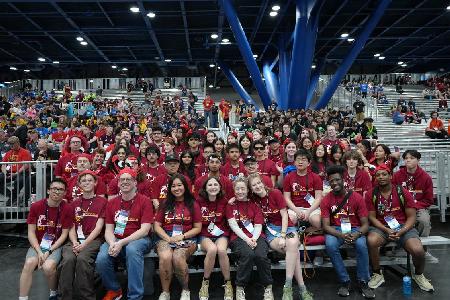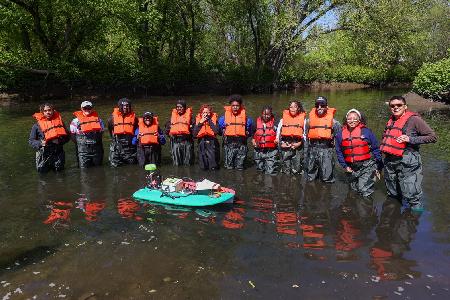Swarthmore College gets it: with all their responsibilities, professors don’t have the time (or the technological skill, for the most part) to develop ways to incorporate technology into their courses.
That’s why the liberal arts college in Delaware County started SEED (Summer Educational eProject Development), a program that invites professors to pitch tech projects that would complement their classes and then chooses some to build over the course of eight weeks, said Eric Behrens, head of the Academic Technology Department, which runs SEED with the college’s libraries. Behren’s 12-person staff, which manages classroom technology, the media center and course management software, piloted the program last summer.
See this second class of projects here.
(To clarify, this edtech SEED effort is different than the similarly themed Philly SEED, which is entirely different than the Center City tech startup incubator Seed Philly.)
The pilot program, which launched last summer, produced five projects ranging from a video lecture series for a chemistry course that allowed students to spend more time on labs in class to online cognitive psychology experiments that were used this past academic year. The department recently announced the eight projects chosen for this summer’s SEED program.
While the projects must be for use in the classroom during the upcoming school year, Behrens said it’s an added bonus if the projects are open source and can be used by other professors, like the cognitive psychology experiments).
SEED is one way for the College to keep up with how technology is changing higher education, Behrens said.
“Professors are becoming more and and more engaged with technology,” Behrens said. “The real challenge for us is to figure out how to facilitate that.”
Join the conversation!
Find news, events, jobs and people who share your interests on Technical.ly's open community Slack

Philly daily roundup: Minecraft in a Philly school; PTW kicks off; Tech and art happy hour

Philly daily roundup: Philly's top innovation leaders; City buildings go solar; PTW kicks off on Friday

Philly daily roundup: UPenn's AI master's degree; Advice for EDA Tech Hubs; Last day of ACP

